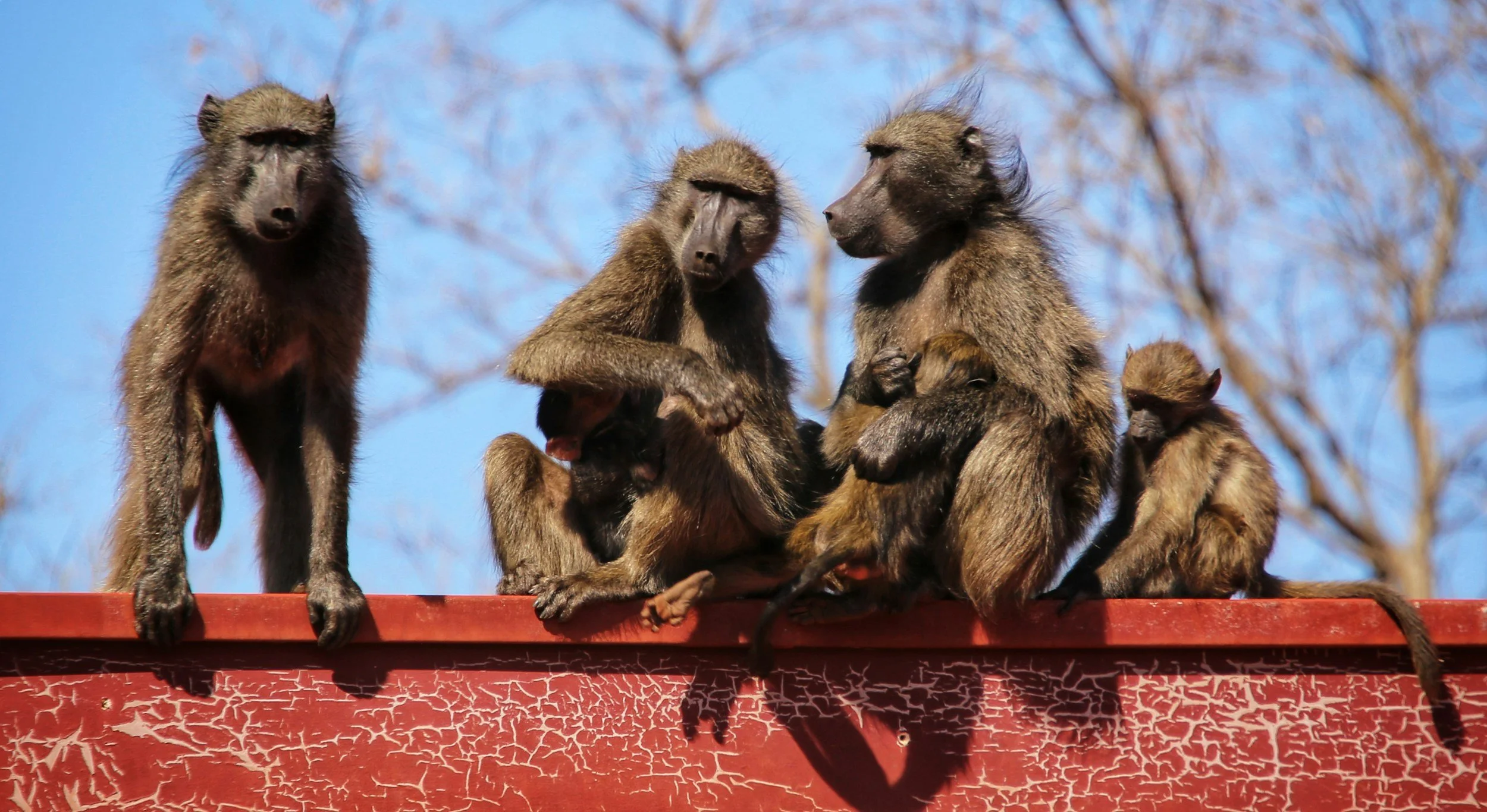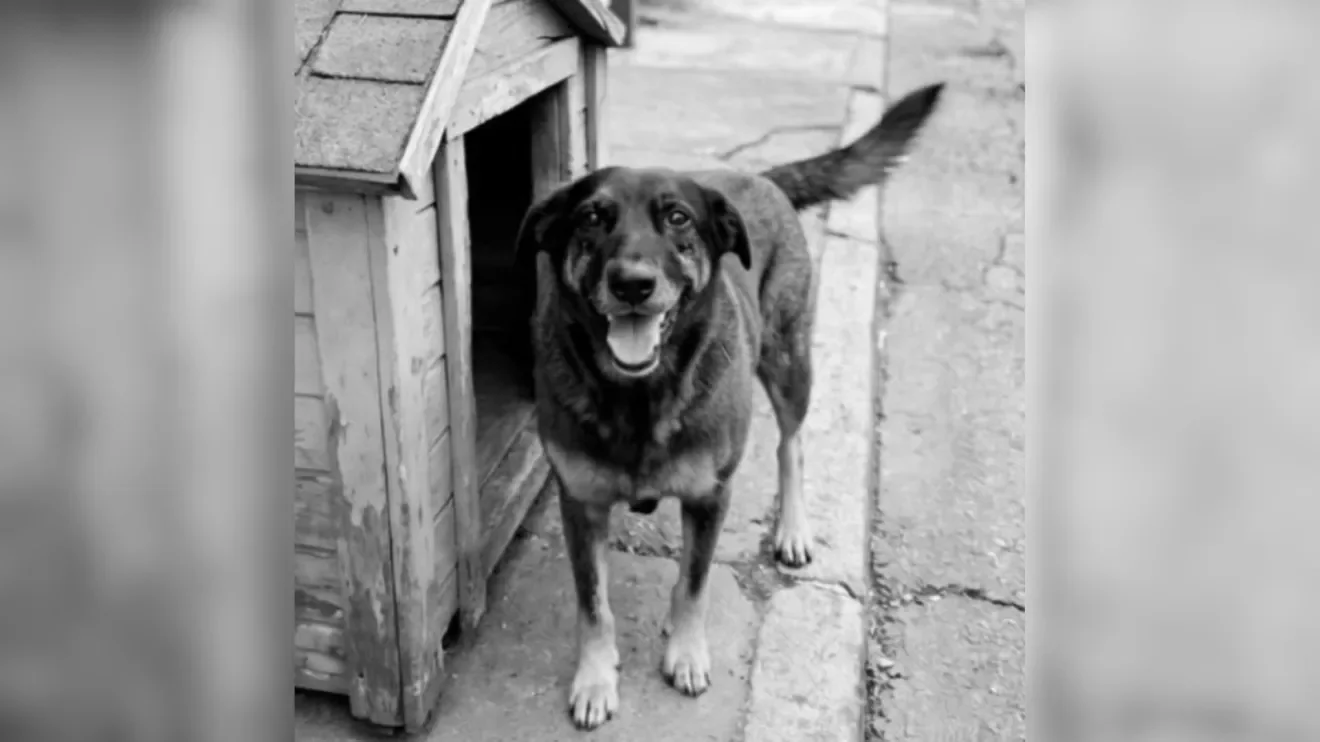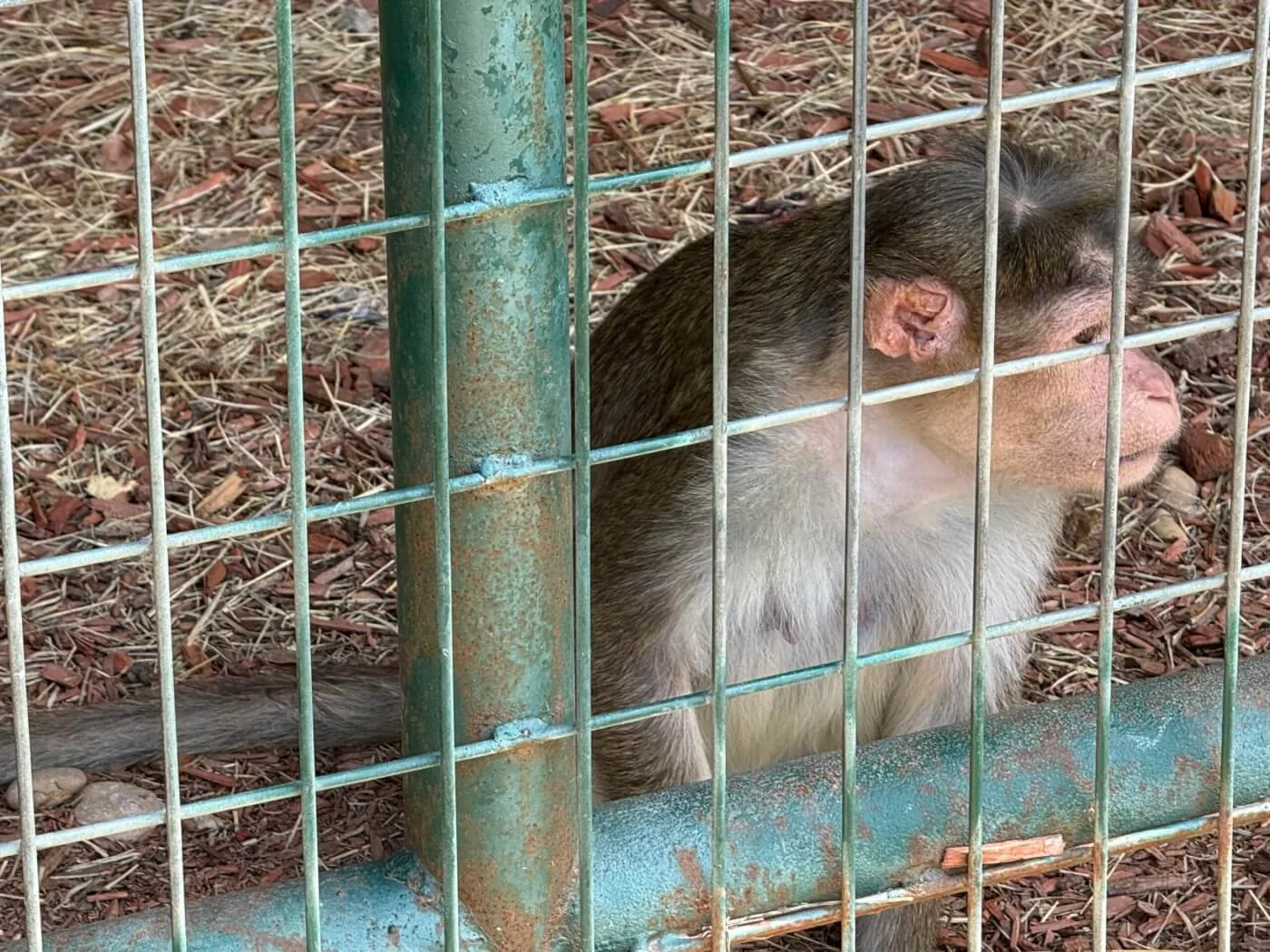Zoo shoots 12 healthy baboons and feeds them to predators
The German zoo says the cull was necessary to control its captive baboon population and prevent overcrowding.
A zoo in Germany has killed 12 healthy Guinea baboons, claiming it was the only way to address overcrowding, in a decision that has triggered legal complaints against the facility.
The Tiergarten Nürnberg zoo disclosed its plans to kill some of the baboons housed in its facility last year, after its population grew past 40 individuals, far exceeding the enclosure's capacity of 25 adult baboons.
This announcement drew criticism from animal protection groups. In recent weeks, protestors chained themselves to the primate enclosure and glued themselves to the ground outside the zoo.
On Tuesday morning, the zoo said that it was closing for "operational reasons", leading seven demonstrators to climb over the zoo's fence, where they were arrested.
The zoo then locked the 12 primates inside transport crates and shot them, calling this “the quickest and cleanest method for the animals.”
"As primates, baboons are among our closest relatives in the animal kingdom. They are intelligent and highly social," said biologist Dr. Yvonne Würz of PETA Germany. "It's hard to imagine the suffering they might experience if they have to witness their closest relatives being shot before their very eyes."
Three adult males and nine adult females were killed, leaving a group of 26 adults and five infants in the enclosure.
Controversy increased when the zoo then dismembered six of the animals’ bodies before feeding the headless, limbless carcasses to lions, tigers, maned wolves and marbled polecats in full view of visitors.
“They were presented like on a butcher’s bench, it was really awful,” one female visitor told the Nürnberger Nachrichten.
Skeletons of four baboons are being prepared for museum display, the zoo said, while the heads have been sent to laboratories so that the brains can be examined for research purposes.
The zoo says the cull was necessary to control the baboon population, claiming no re-housing options were available and that contraception efforts had only limited success.
The Nuremberg-Fürth public prosecutor's office has received more than 300 complaints against the zoo's actions, arguing that the killings were unlawful.
Animal rights groups have lodged a criminal complaint against the zoo’s management, arguing that the killings breached animal protection laws and that the zoo had failed in its breeding management.
Laura Zodrow, a specialist at Pro Wildlife, said the decision was "avoidable and illegal", adding: "Healthy animals had to be killed because the zoo maintained irresponsible and unsustainable breeding policies for decades."
"The real breach of taboo is that zoos, as animal keepers, simply want to avoid responsibility by killing healthy animals in a situation they have created themselves. This is a misguided approach. We are convinced that the courts will also see it that way," said Thomas Schröder, President of the German Animal Welfare Federation.
Activist group Animal Rebellion, which has established a week-long protest camp near the zoo, are demanding an end to breeding programs.
The zoo claims it cannot stop breeding without undermining its long-term conservation role.
"Animal welfare is being trampled underfoot in Nuremberg, as we saw dramatically yesterday. Species protection is being used as an argument to shirk responsibility for the animals, even though the Guinea baboons are not intended for reintroduction into the wild," said Ilona Wojahn, Chairwoman of the Bavarian branch of the German Animal Welfare Federation.
“Zoos always advertise the fact that keeping endangered species in their facilities makes an important contribution to species conservation. However, if you take a closer look, you realize that only very few animals in zoos have any chance of being released into the wild,” said Zodrow.
The German government confirmed in response to a parliamentary inquiry that between 2005 and 2020, only 149 protected animals from German zoos were exported for reintroduction projects, a negligible figure given that zoos in the Association of Zoological Gardens collectively house around 170,000 animals.
“The term 'surplus to requirements' has become standard vocabulary in zoo management, but it already implies an ethically and animal welfare-wise questionable classification of animals as worthy or worthless. Animals are sentient beings and not just genetic reserves,” said Würz.
Torsten Schmidt, scientific advisor for the animal protection group, Bund gegen Missbrauch der Tiere, said that zoos must “face up to their responsibility” and create species-appropriate living conditions for all the animals in their facilities, adding that this includes: “reducing the number of species kept, stopping breeding and expanding the enclosure or even building a new enclosure in order to be able to continue keeping animals that cannot be rehomed”.
Listen to podcast episode: S12. E15: John Kinder: World War Zoos. What happened to the world’s zoos—and the animals inside them—during World War II? Showing how many of the ethical blind spots that existed during wartime remain with us today. In an age of climate crisis and mass extinction, this conversation asks: what do zoos really stand for—and who are they really serving?
We Have A Favor To Ask…
Species Unite amplifies well-researched solutions to some of the most abusive animal industries operating today.
At this crucial moment, with worldwide momentum for change building, it’s vital we share these animal-free solutions with the world - and we need your help.
We’re a nonprofit, and so to keep sharing these solutions, we’re relying on you - with your support, we can continue our essential work in growing a powerful community of animal advocates this year.





Species Unite examines recent federal actions that threaten longstanding wildlife protections and the future of the Endangered Species Act.